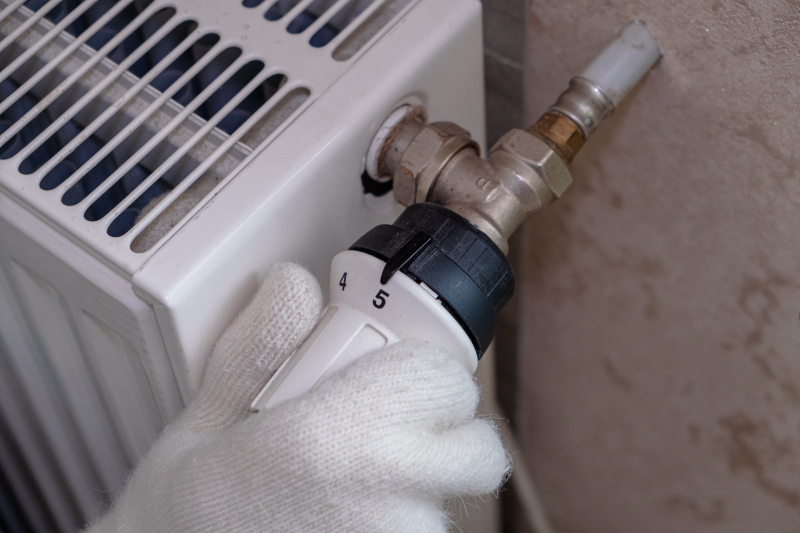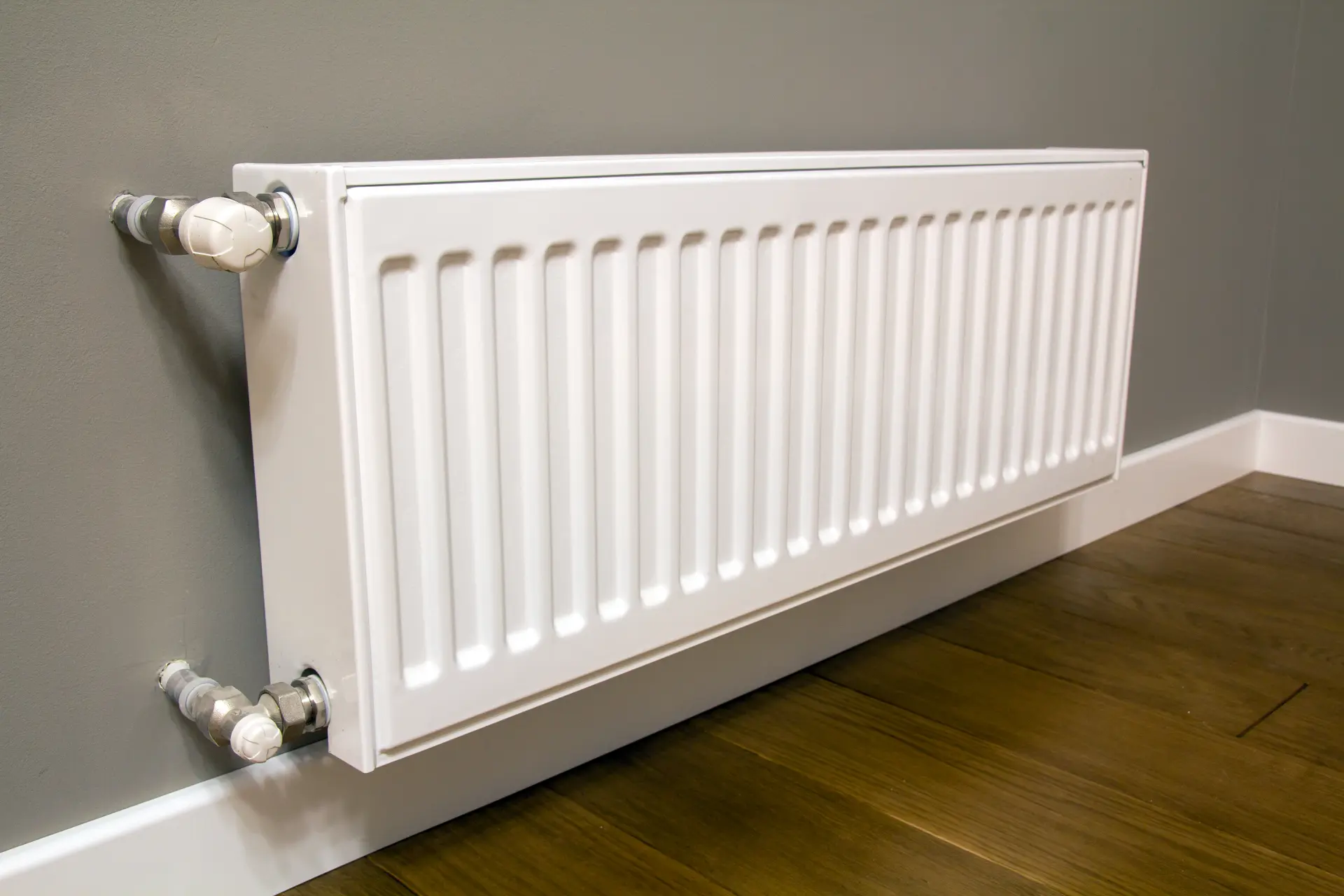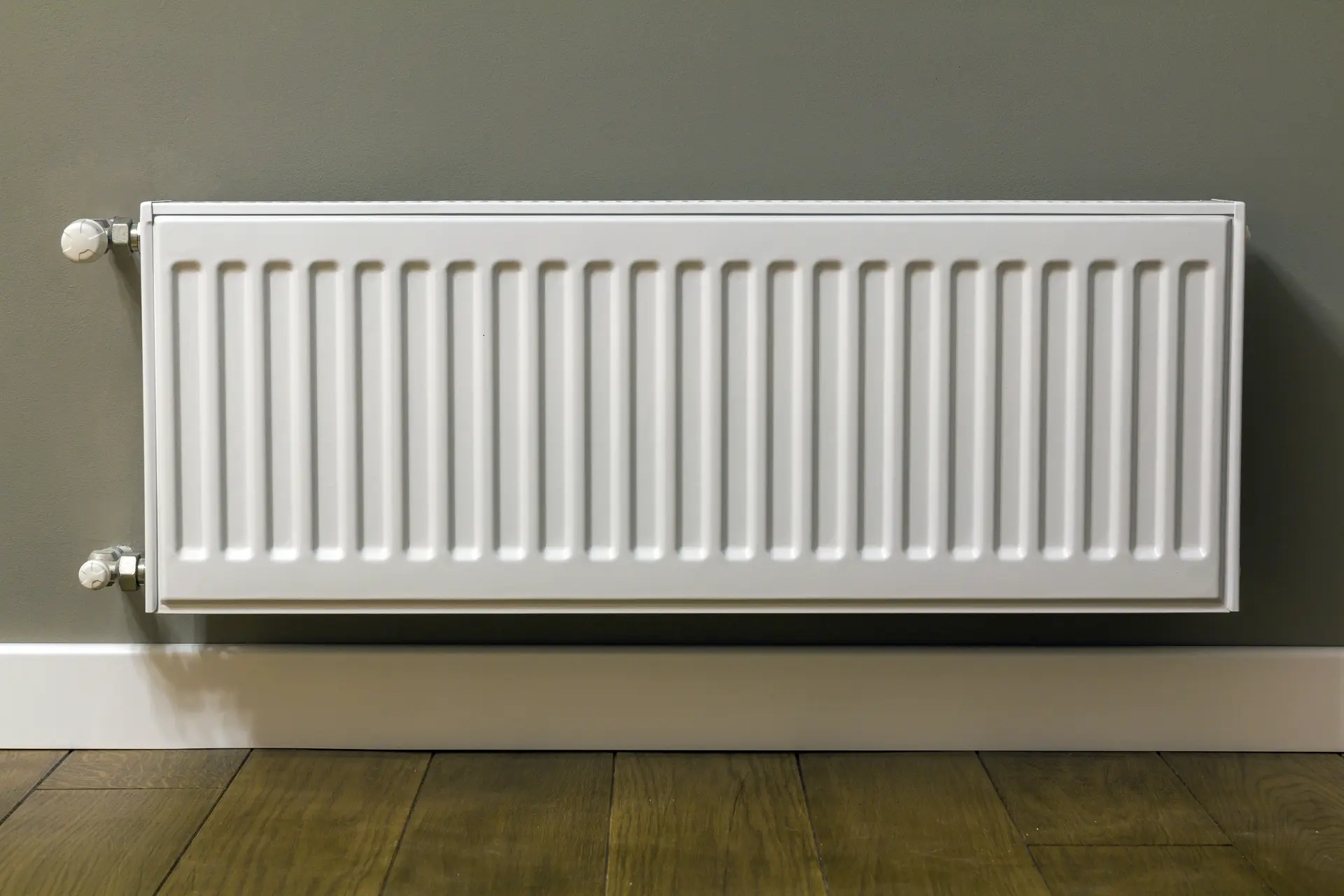Are you asking: Is Professional Radiator Installation Worth It? Avoid DIY pitfalls like improper mounting, unnoticed leaks and trapped air.
What Does a Professional Radiator Installation Include?
A professional radiator installation involves more than just attaching a unit to a wall. It requires careful planning, precise work, and knowledge of heating systems to ensure the radiator works efficiently and safely. The installer will inspect the room to decide the best location for the radiator; this involves checking the wall strength, pipe access, and room layout to ensure there's even heat distribution.
The new radiator will be securely mounted to the wall using strong brackets, with the installer ensuring it's level and firmly fixed. Once the radiator is installed, the system is refilled with water and bled to remove any trapped air. The installer will then check for leaks and ensure the radiator heats evenly.
Common Problems with DIY Radiator Fitting
One of the most common problems with DIY fitting is installing the radiator in the wrong place. Radiators should be placed where they provide the best heat distribution, such as under a window or on an external wall. Poor placement can result in cold spots in the room and a reduction in heat efficiency.
DIY installations often suffer from poorly sealed joints and valves, as small leaks can lead to water damage, rusting, and pressure loss in the central heating system. Without the correct sealing techniques, these leaks can go unnoticed until the damage worsens.
Failing to bleed the radiator properly after installation can also leave air trapped inside. This prevents the radiator from heating fully, causing uneven warmth or cold spots at the top of the unit.

DIY fitting can disrupt the balance of the central heating system. If it's not rebalanced correctly, radiators can get too hot or stay too cold. A heating engineer uses specific methods to restore proper flow to each radiator to ensure these issues don't arise.
Handling pipes without experience can also lead to bending, cracking, or breaking. Damaged pipework can cause serious leaks or reduce your water flow, making the heating system less effective.
Additionally, incorrect installation can cause drops in the boiler pressure, which can prevent the heating system from working at all. Restoring the pressure or resetting the boiler can be difficult without specialist knowledge.
For these reasons, it’s usually best to have radiators fitted by a qualified professional.
Cost of Professional Installation vs DIY
The average cost of a professional radiator installation ranges from £150 to £300 per radiator. However, this price depends on the radiator type, location, and whether the pipework needs adjusting or not.
For more complex installations, like moving a radiator or fitting multiple units, the price will naturally be higher. While the initial cost may seem high, you're guaranteed to receive an expert fitting, leak-free connections, correct balancing, and peace of mind.
DIY radiator fitting may appear cheaper since there are no labour fees to pay. However, you will still need to buy spanners, pipe cutters, sealants, and a radiator key, which could cost between £30 to £100 or more if you don’t already own them.
Mistakes made during DIY installations can also lead to expensive issues, such as water damage. If you also damage any existing pipework or reduce the boiler pressure, these repair costs can quickly add up. Professional installers ensure the radiator is positioned correctly, is mounted securely and the joints are sealed and balanced.
An improper DIY fit can result in poor heating performance, uneven temperatures, and higher energy bills. On the other hand, a professional installation is more likely to deliver long-term efficiency and comfort, potentially saving you money over time.
Although a DIY installation may save money upfront, the risks outweigh the benefits. A professional radiator installation is a worthwhile investment and guarantees your radiator's safety, efficiency, and long-term value.
Long-Term Benefits of a Proper Installation
A professional installation service ensures your radiator functions efficiently, safely, and reliably for many years, helping you get the best performance from your heating system. A well-installed radiator heats your room evenly and quickly while using less energy. Professional installers ensure the radiator is correctly sized and positioned to suit the room, helping to reduce heat loss and lowering your energy bills over time.
With the correct fittings, sealed joints, and secure pipe connections, you are less likely to face leaks or system issues. When your radiator is installed properly, it places less strain on your boiler and other components. This helps your central heating system last longer and operate more effectively. A professional installation also protects your radiator against airlocks, corrosion, or poor water flow.

Professional radiator installers follow strict safety regulations and building standards to avoid leaks, electrical hazards or pressure issues. They can also provide the correct paperwork, which is useful if you ever sell or rent your home.
With a professional service, you gain peace of mind knowing the job is done right. Most companies offer a guarantee or a warranty, giving you added confidence in the work carried out. Investing in a proper radiator installation service can significantly contribute to your comfort, safety, and cost savings in the long run.
Robert Cliff Ltd provides expert radiator installation services for homes across Uppingham and the surrounding areas. From fitting new radiators to replacing old units, our qualified team delivers reliable results with minimal disruption.

